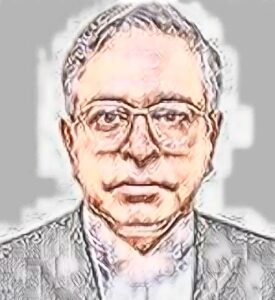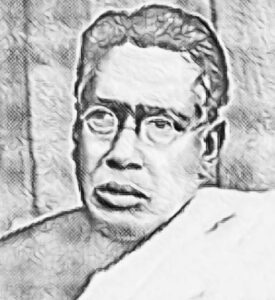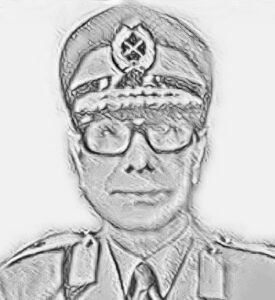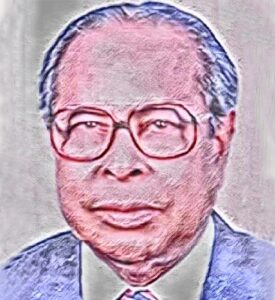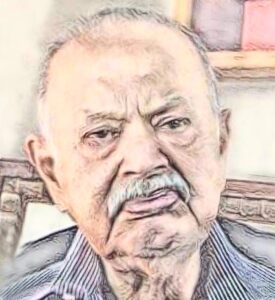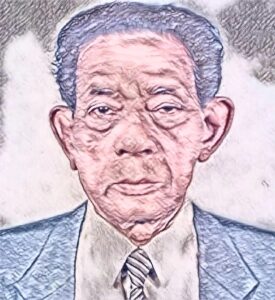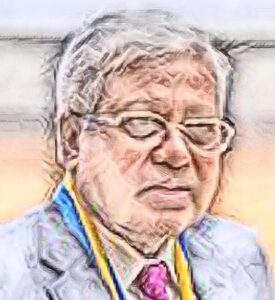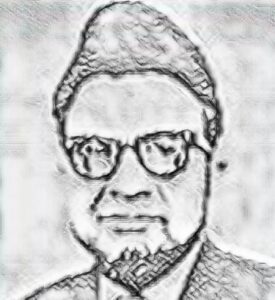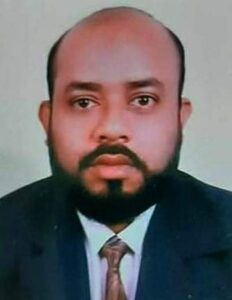Speech Of Chairman:
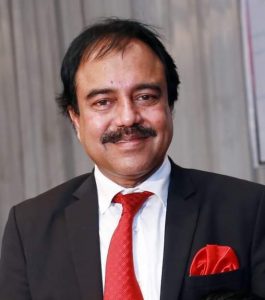 Dear All respected citizens of Habigonj district In home & abroad, Respected Advisors and colleagues of Habigonj Association, Dhaka,Assalamu alaikum.Greeting from Habiganj Association, Dhaka, and on my behalf.Hope all of you are doing well. Many of you are aware that in 1987, some prominent social worker and respected personality of Habiganj district living in Dhaka established Habiganj Association, Dhaka.
Dear All respected citizens of Habigonj district In home & abroad, Respected Advisors and colleagues of Habigonj Association, Dhaka,Assalamu alaikum.Greeting from Habiganj Association, Dhaka, and on my behalf.Hope all of you are doing well. Many of you are aware that in 1987, some prominent social worker and respected personality of Habiganj district living in Dhaka established Habiganj Association, Dhaka.
Speech Of General Secretary:
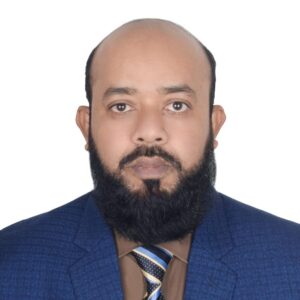 On behalf of Habigonj Association, Dhaka I would like to greet all the esteemed citizens of Habigonj district,esteemed advisors-of Habiganj Association and esteemed leaders of this organization. Greetings, Assalamu Alaikum wa Rahmatullah I hope all of you are healthy and well with your family. I pray for the forgiveness of the departed souls of those of us who have died, especially those who have been infected with Covid 19 and died at home and abroad.
On behalf of Habigonj Association, Dhaka I would like to greet all the esteemed citizens of Habigonj district,esteemed advisors-of Habiganj Association and esteemed leaders of this organization. Greetings, Assalamu Alaikum wa Rahmatullah I hope all of you are healthy and well with your family. I pray for the forgiveness of the departed souls of those of us who have died, especially those who have been infected with Covid 19 and died at home and abroad.
About Our Organization
Vision
Habigonj Association, Dhaka aspires for a society free from starvation, oppression and exploitation, where every individual will live in peace and communal harmony by enjoying the rightful share of the resources belonging to the society and able to enjoy their basic rights.
Mission
To ensure participation of every potential and experienced social activists and
Our Activities
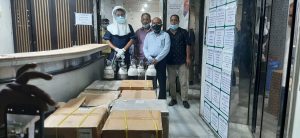 Habiganj Association is a service-oriented social voluntary non-political organization. It was established for benefits of the people of Habiganj district .
Habiganj Association is a service-oriented social voluntary non-political organization. It was established for benefits of the people of Habiganj district .
The main objective of this organization is to implement all possible activities for the welfare of Habiganj district residents living in Dhaka and living in 9 upazilas of Habiganj district.
Biography Of Chairman
Prof. Dr. Kamrul Hasan Tarafdar is one of the eminent Otolaryngologists of the country and a pride of Habigonj district . He was born in 1957. His ancestral home is in Baliari villof Bangladesh policeage of Chunarughat upazila under Habiganj district. His father is late Nasir Uddin Tarafder, who was serving in forest department being a Range Officer and was a pious, very social and well reputed personality.
Biography Of General Secretary
Dr. Syed Shah Amran was born in 1974 in village Belghar of Madhabpur upazila of Habiganj district. He is the fourth of five siblings. His other four siblings are Syeda Fatema Begum, Syed Ashraf Ali, Syeda Nazma Begum and Syeda Asma Begum respectively. His father, the late Syed Hossain Ali (1919-2008), was most pious man. Mr. Amran has a reputation for being extremely talented. Dr. Syed Shah Amran’s mother is Chowdhury Shahana Begum.
 History Habiganj is the name of a historical city where rivers like Khowai, Karangi Sutang, Bijna, Ratna etc. are associated with the memory of Syed Nasir Uddin [R:}, a follower of Sufi saint Hazrat Shahjalal {R:}. Syed Habib Ullah, son of Syed Hedayet Ullah, a descendant of Syed Sultan, the founder of the historical Sultansi Habeli, established a ganj or bazaar on the banks of the river Khowai. According to its name,
History Habiganj is the name of a historical city where rivers like Khowai, Karangi Sutang, Bijna, Ratna etc. are associated with the memory of Syed Nasir Uddin [R:}, a follower of Sufi saint Hazrat Shahjalal {R:}. Syed Habib Ullah, son of Syed Hedayet Ullah, a descendant of Syed Sultan, the founder of the historical Sultansi Habeli, established a ganj or bazaar on the banks of the river Khowai. According to its name,
